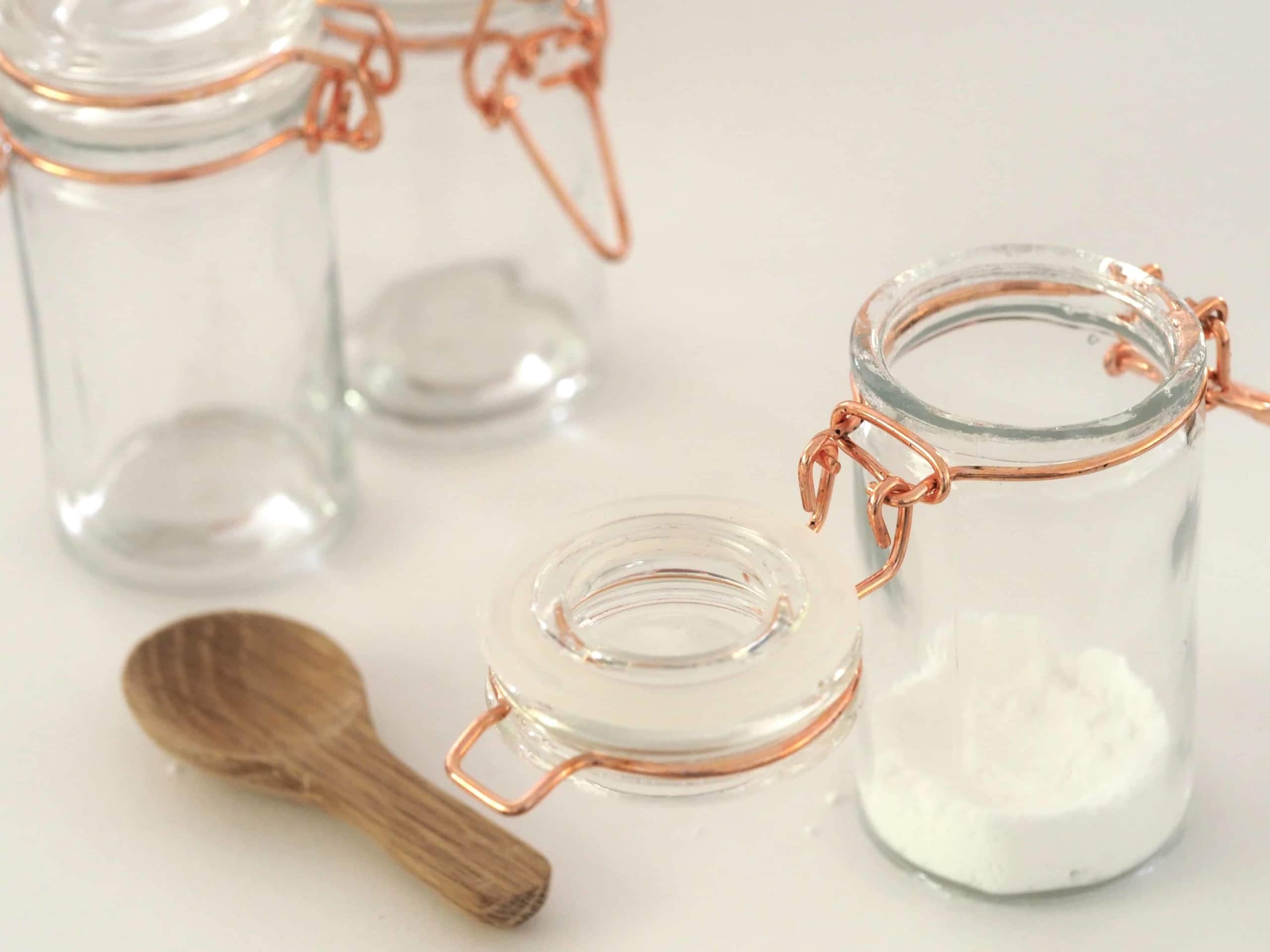
For people with diabetes, one of the biggest obstacles to maintaining a normal blood sugar level is the amount of sugar found in all kinds of foods. While you don’t need to eliminate sugar from your diet if you have this condition, it’s essential to keep your sugar consumption in check. And sugar isn’t just found in foods where you would expect to see it – food manufacturers add sugars to many of their products.
Of course, sugar isn’t the only way to give foods and beverages a sweet taste. These days, many people with diabetes use artificial sweeteners and other sugar substitutes for this purpose. However, you should try to be smart about how you use any type of sweetener in your diet, so keep reading to find out more about artificial sweeteners and diabetes.
Know the Pros and Cons of Artificial Sweeteners
If you’re living with diabetes, you’ve likely researched sugar substitutes. The first options you’re likely to encounter are artificial sweeteners. This category includes popular brands like Splenda, Nutrasweet, and Sweet’ N Low, all of which add a sweet flavor to foods without impacting your carb count as much as “real” sugar does. They’re also much sweeter than sugar is on its own and can be as high as 500 times sweeter than ordinary sugar.
Artificial sweeteners may seem like they’re too good to be true, so it’s crucial to remember that they aren’t a magic bullet. Research into these products is still ongoing, and the results of studies focusing on their effects on glucose and insulin levels have been mixed. You’ll also need to be careful not to overindulge when eating artificially sweetened foods, as “sugar-free” foods aren’t always entirely free of carbohydrates.
At the same time, there’s no need to be overly cautious about artificial sweeteners. For example, back in the 1970s, studies suggested that saccharin had links to bladder cancer in lab rats. However, the National Cancer Institute states that human epidemiology studies have shown no consistent evidence that saccharin is associated with bladder cancer incidence.
Consider These Natural Alternatives
Would you like the benefits of alternative sweeteners without going the artificial route? If so, natural sugar alternatives may be suitable for you! Some prominent products in this category include:
- Stevia. You may think of this as an artificial sweetener, but it’s made from the leaves of the stevia plant. Some stevia blends contain other sweeteners that can increase your blood sugar, but stevia on its own may increase your tolerance to glucose.
- Tagatose. This is a newer sweetener option made from lactose found in dairy products. Studies regarding its health effects are still in the early stages, however, a few research studies have shown that tagatose may play a role in stabilizing blood sugar to help people reach their target goals.
- Fruit-based sugar substitutes. It’s no secret that fruit contains sugar, and quite a few natural sweeteners take advantage of that fact. Dates are high in calories and natural sugars, but studies note that they don’t significantly affect blood sugar levels like table sugar does, even among people with diabetes. And monk fruit extract doesn’t have any calories or affect blood sugar levels, plus it may promote weight loss and improve blood sugar levels if used in place of regular sugar. However, there’s currently a lack of human studies on this sweetener. Also, keep in mind that monk fruit extract is often mixed with other sweeteners, so be sure to read the label before consuming it.
Don’t Overlook Hidden Sugar Alcohols
When you’re managing diabetes, finding “safe” foods isn’t as simple as looking for items that claim to be “sugar-free” or have “no sugar added.” Some of these products contain sugar alcohols – sugar substitutes that work differently than other artificial and natural sweeteners.
Despite their name, sugar alcohols don’t consist of either alcohol or sugar. They contain fewer calories unlike sugar, which has four calories per gram, whereas sugar alcohols has just over two. They can be found in some fruits and vegetables, but the sugar alcohols in packaged foods are synthetic. Unlike glucose, you can metabolize sugar alcohols without insulin and partially digest them in your intestine. Sugar alcohols are still carbohydrates, so you’ll need to include them when counting carbs. Along with this, they have some known side effects, like bloating, gas, and abdominal pain. If you’re concerned about sugar alcohols in foods you’re planning to buy, check the nutrition facts label for these names: xylitol, sorbitol, isomalt, erythritol, and maltitol. As always, your dietitian or diabetes health-care team can help you decide if including any type of sugar substitutes in your eating plan is the best choice for you.
Remember You Can Still Have Some Sugar

While it’s a good idea to take your sugar intake seriously if you have diabetes, it’s easy to assume you can’t consume any sugar at all. There’s a good reason for that: people with diabetes were once encouraged to steer clear of sugar whenever possible. Despite this, newer research has shown that reasonable sugar consumption shouldn’t affect your ability to maintain a normal blood sugar level.
The trick is to eat controlled portions of foods containing sugars and make sure your overall diet is nutritious. Foods considered “sugary” often have low nutritional value and high levels of fat and calories, making them potentially dangerous to any diet – whether you have diabetes or not. But if you can eat small amounts of these foods, you should be fine.
That said, things get a bit more complicated when you look at sodas, fruit juice, and other sugary drinks. These beverages don’t just have high amounts of carbohydrates – the carbs they contain act faster than those found in foods. Still, even these have their place in a diabetes diet, as a few ounces of juice or non-diet soda can help counteract hypoglycemia.
ADS Makes Life with Diabetes Sweeter
It doesn’t matter if you prefer artificial sweeteners, natural sugar alternatives, or even small amounts of sugary foods. When you have diabetes, what’s truly important is eating a balanced, healthy diet. By combining this with other steps like taking your medication and getting physical activity, you’ll be able to keep your sweet tooth in check without causing problems for your diabetes management strategy.
To ensure your efforts to keep diabetes under control go smoothly, having access to the diabetes supplies you need when you need them is crucial. These days, more and more people appreciate the convenience of shopping online – and the internet’s best company for diabetes supplies is ADS. Take a look at our continuous glucose monitors, glucose meters, and other products today!
